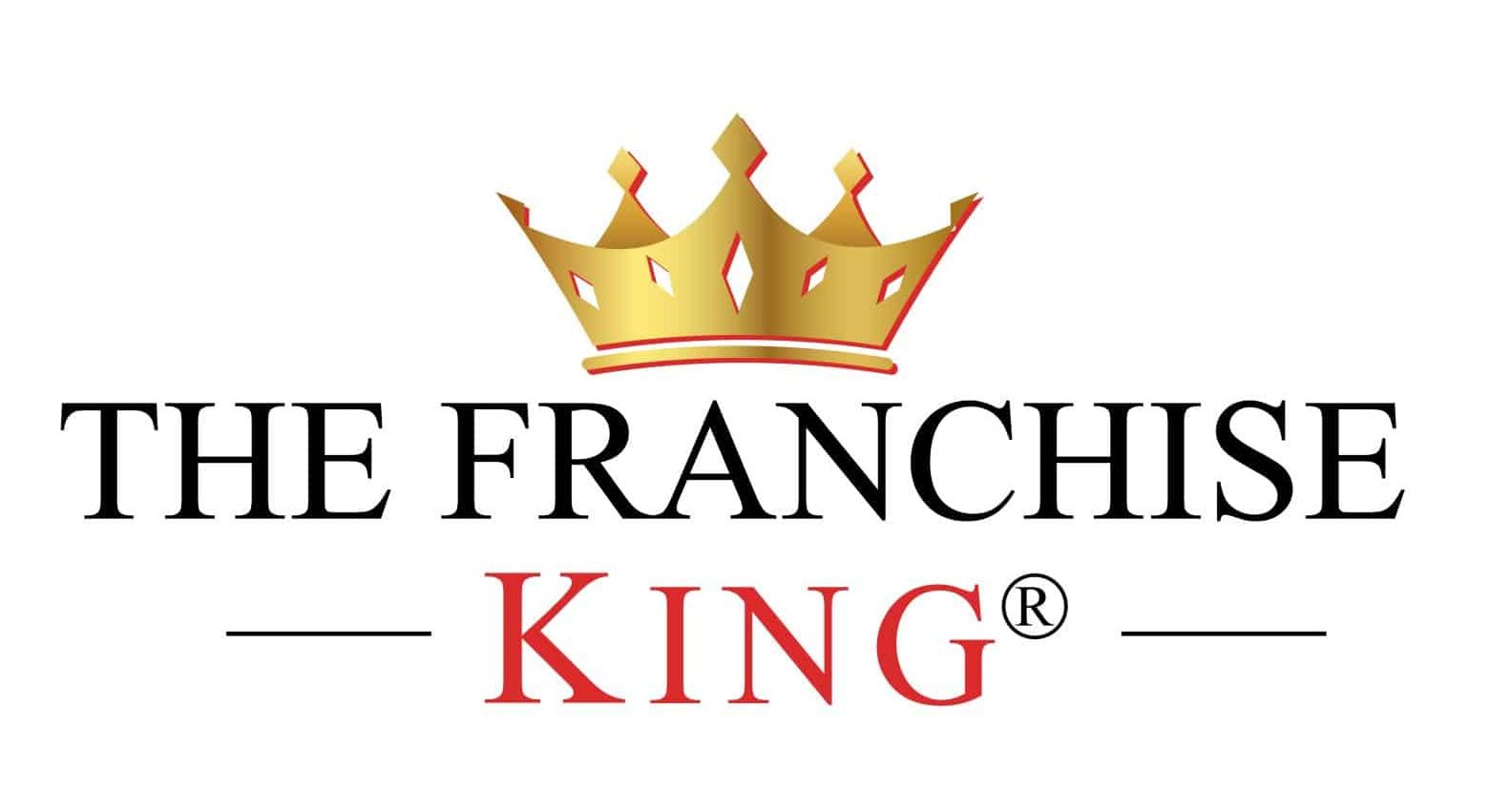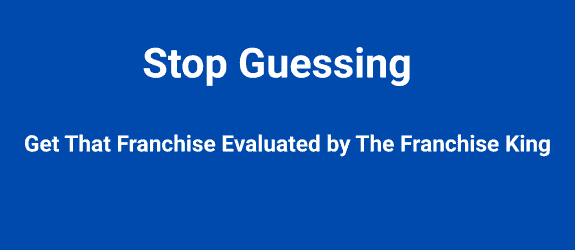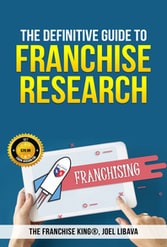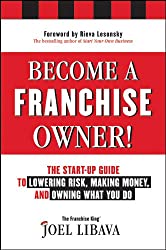
In my lifetime, I’ve had to endure 3-4 Multi-Level Marketing pitches from “friends.”
One was from someone I attended high school with who called me out of the blue. I don’t even remember the product he pitched.
The second one I remember came from a flashy customer I had waited on for years at various high-end restaurants here in Cleveland. He sucked me in with a “Would you like to make more money that you’ve ever dreamed of making?” question.
It worked, because I went over his house and was asked to watch a video. I can’t find the one I watched back in the late 70’s but it was similiar to this one-and it was the same dumb company:
After watching 35 minutes of that Multi-Level Marketing video it, I quickly left his house.
Now, I don’t remember the other two MLM scheme pitches I was exposed to-maybe the product was a water purifier. Wait. I remember. One of them was freaking ACN. It’s a business where you sign folks up to energy suppliers who can save them money. I think.
Actually, I don’t care what ACN distributors sell.
And that’s my point.
Read on.
Because if our economy tanks, MLM schemes are going to increase a lot.
Key Takeaways
Multi-level marketing schemes often disguise commission-only sales jobs as “business ownership” opportunities.
The reality is that most participants earn little to nothing after expenses, with success stories representing a tiny fraction of those who try. The business model typically depends on constant recruitment rather than genuine customer demand for products.
Furthermore, a lot of MLM products are overpriced compared to retail alternatives, and the compensation structure relies heavily on building large “downlines” of recruits.
With those things in mind, before joining any MLM, examine the Income Disclosure Statement carefully and track median earnings, not cherry-picked success stories.
The fact is, real businesses don’t require you to recruit friends and family to stay afloat. If the product truly sold itself, it would be in regular retail stores, not dependent on relationship-based sales pressure. Your time and relationships are worth more than chasing a business model where the math rarely works in your favor.
What is Multi-Level Marketing?
Generally, a Multi-Level Marketer (MLM) distributes products or services through a network of participants. Instead of the company recruiting everyone directly, it relies on existing participants to bring in new people. Those new recruits then recruit others, and so on. That structure creates multiple levels of participants, commonly called “downlines.”
What Is a Downline?
A participant’s downline is the network of people they recruit, plus the people those recruits bring in, and the chain that follows. Your downline is essentially your sales tree. Commissions often trickle up from this group, which is why recruiting is emphasized.
What Is an Upline?
A participant’s upline is the person who recruited them, the person who recruited that person, and everyone above them in that chain. Your upline usually provides training, motivation, and lots of “you got this!” messages. They may also earn a cut from your sales, depending on the compensation plan.
How Money Typically Flows
- You earn from your own product sales.
- You may earn bonuses or overrides from your downline’s sales.
- Qualification usually depends on monthly volume, which can push people to buy product themselves to “stay active.”
On Multi-Level Marketing Schemes
Let’s get this out of the way: not every person in a Multi-Level Marketing scheme is a villain.
The fact is, many of these people are hopeful, hardworking people chasing a better life. But the models themselves often rely on hype, half-truths, and pressure.
If, like me, you’ve ever felt your gut twist during a “coffee chat ” with a long-lost high school friend that quickly slid into a MLM sales pitch, you’re not alone.
With that ugliness in mind, I’ve listed 5 common lies you’ll hear during a chat with a friend. Including, why they’re misleading, and what to do instead. Here goes.
1) “It’s your own business.”
It sounds empowering. But, it’s not accurate.
That’s because, in most Multi-Level Marketing schemes, you don’t set prices. You don’t control the product. You can’t change the comp plan. You can’t switch suppliers. Your “storefront” is usually your social media feed and your living room. That’s not ownership; that’s commission-only sales with extra steps.
Why it’s misleading:
- Real business owners own the brand, set margins, and control operations.
- MLMs can terminate your account for policy violations, sometimes with little recourse.
- Your “business” instantly disappears if the company shuts down, changes rules, or cuts your rank.
What to do instead:
- If you want a low-cost business, try service-based freelancing: tutoring, bookkeeping, design, editing, handyman work. You control pricing, customers, and delivery.
- If you like selling, consider affiliate programs from established brands. Clear terms, no mandatory inventory.
2) The “Everyone can do this” Multi-Level Marketing Schemes Pitch
Everyone can attempt it. Very few will profit.
The math is not your friend here. Most MLM compensation plans depend on constant recruiting and wide downlines. That means the median participant earns little to nothing after costs. Many lose money on inventory, seminars, and travel.
Why it’s misleading:
- The success stories are survivorship bias in sparkly shoes. You see the handful who did well. You don’t see the hundreds or thousands who quit quietly.
- Skills matter: sales, persuasion, network reach, tolerance for rejection. Not everyone wants to live in the DMs asking acquaintances about their “health journey,” so you can sell them Dr. Oz style supplements.
What to check:
- Ask for the company’s Income Disclosure Statement. Look for median annual earnings by rank and the percentage at each rank. If 70% earn under $500 a year before expenses, that’s your signal to run like hell.
- Estimate your costs: autoship, samples, events, time. Time is a cost. Price your hours.
FYI: Here is some information on Multi-Level Marketing schemes courtesy of the FTC.
3) “Our amazing products basically sell themselves.”
Ooookay. If they did, there’d be no need for you.
Many MLM products are fine. Some are decent quality.
But they’re rarely unique, and they’re often overpriced relative to comparable items on the open market. The “value” gets baked into the compensation plan, which increases retail price without increasing performance.
Why it’s misleading:
- If a product truly had organic demand, you’d see it in regular retail channels. Shelf space beats Facebook Lives.
- The pressure to buy often relies on relationships, not product merit. That’s why pitches lean on “support me” and “join my mission.” What a bunch of crap.
How to evaluate:
- Compare ingredients, features, and price to non-MLM alternatives. Do a quick search and make a simple table for yourself.
- Check refund policies. If you can’t return unsold inventory easily, that’s a red flag.
- Test personal demand. Can you sell to strangers at full price, without mentioning “the business opportunity”? If not, the market is your friend telling you “no.”
4) MLM People Tell You That “You just need to work harder.”
Effort matters. But structure matters more. especially in a Multi-Level Marketing scheme.
MLM uplines often shift blame down the ladder. If you’re not making money, they say you’re not “coachable” or “consistent.” But even a great salesperson hits the ceiling of math. You need large teams buying monthly to sustain income. And teams churn.
Why it’s misleading:
- The model incentivizes recruitment over product sales. That’s why meetings focus on mindset and duplication, not market research and customer retention.
- The more saturated your social circle becomes, the harder it gets. There are only so many cousins (LOL).
A better frame:
- Ask, “What is the repeat customer reorder rate among people who are not distributors?” If that number is low, long-term income is unlikely.
- Ask for customer acquisition cost guidance. Real sales orgs know this. If the answer is “post more” and “believe,” that’s not a business plan.
5) “MLM businesses are not pyramid schemes.”
Legally, maybe. Functionally, sometimes it rhymes.
A legal MLM focuses on retail sales to real customers, not on paying participants for recruiting.
A pyramid scheme pays primarily for recruitment and inventory loading.
That’s why many Multi-Level Marketers live in a gray zone, loudly insisting they’re compliant while winking at behavior that isn’t.
Why it’s misleading:
- If most revenue comes from distributor purchases, not outside customers, it’s risky.
- If you’re pushed to keep inventory you can’t sell, or to buy monthly “to stay active,” that’s inventory loading, not retail demand.
Quick self-test:
- Would the business survive if recruitment stopped for six months? If not, it’s recruitment-dependent.
- Are there genuine retail customers who buy without joining? In meaningful numbers?
Practical Safeguards Before You Say Yes to a Multi-Level Marketing Scheme “Friend“
- Slow down. High-pressure timelines are a tactic.
- Get the Income Disclosure Statement and read it twice. Look for median earnings and annual retention.
- Talk to people who left. Ask why. Ask about net profit after costs.
- Start small. No big inventory buys. If the deal “requires” a big pack, that’s your cue to walk.
- Keep boundaries. Don’t pitch family at gatherings. Don’t turn friendships into pipelines. Your relationships are worth more than a rank badge.
- Track everything. Revenue, costs, hours. If you wouldn’t accept those numbers at a job, don’t accept them here.
If You’ve Already Been Sucked Into a Multi-Level Marketing Scheme And You’re Feeling Stuck
- Pivot to genuine retail. Focus on customers who don’t want the business opportunity. If that pool is tiny, consider exiting.
- Sell down inventory through discount bundles and exit gracefully. No shame in changing course.
- Transfer the skills you gained: outreach, copywriting, basic sales, social content. Those skills are marketable elsewhere, often for steadier pay.
Bottom Line?
Hope is not a strategy.
If an opportunity leans more on mindset than on measurable customer demand, walk. You deserve a plan where the product sells because it’s good, the price makes sense, and your earnings don’t depend on building a small nation-state beneath you.
Finally, opt for clarity, not charisma. Ask for the numbers. Respect your time. And remember: a real business doesn’t need you to recruit your aunt to survive.
Multi-Level Marketing schemes always do.
Frequently Asked Questions
Legally, an MLM focuses on retail sales to actual customers outside the distributor network. A pyramid scheme pays primarily for recruitment and often involves inventory loading. Many MLMs exist in a gray area where they claim legality but function similarly to pyramid schemes, especially when most revenue comes from distributor purchases rather than retail customers. If the business couldn’t survive without constant recruitment, that’s a major red flag.
The vast majority don’t. Most MLM companies publish Income Disclosure Statements showing that 70% or more of participants earn less than $500 annually before expenses. When you factor in costs like mandatory monthly purchases, samples, training events, and travel, many people actually lose money. The success stories you hear about represent survivorship bias…you’re seeing the handful who succeeded while hundreds or thousands quit quietly without profit.
MLM products are typically overpriced because the compensation plan is built into the retail price. The company needs to pay multiple levels of commissions up the “upline” chain, which inflates the final price without improving product quality. Most MLM products have comparable or better alternatives available at lower prices through regular retail channels. If a product truly had strong organic demand, major retailers would stock it.
Ask for the Income Disclosure Statement and look at median earnings, not averages or top earner stories. Check if there are genuine retail customers who buy without joining as distributors. Ask yourself if the business could survive for six months without any new recruitment. Real businesses let you control pricing, operations, and suppliers—MLMs don’t. If the opportunity requires recruiting friends and family to succeed, or if there’s pressure to maintain monthly purchases to “stay active,” walk away.
About the Author
The Franchise King®, Joel Libava, is a leading franchise expert, author of "Become a Franchise Owner!" and "The Definitive Guide to Franchise Research." Featured in outlets like The New York Times, CNBC, and Franchise Direct, Joel’s no-nonsense approach as a trusted Franchise Ownership Advisor helps aspiring franchisees make smart, informed decisions in their journey to franchise ownership. He owns and operates this franchise blog.
Note: When you buy through links on this website, we may earn an affiliate commission.







